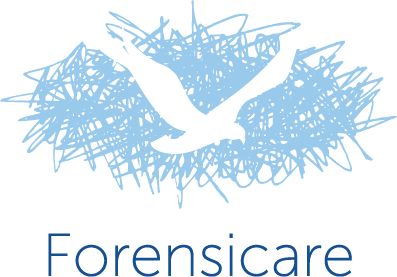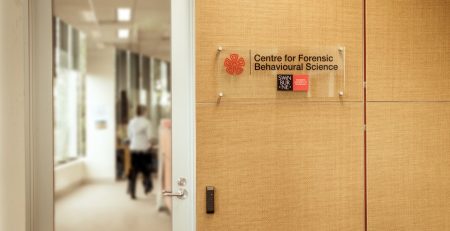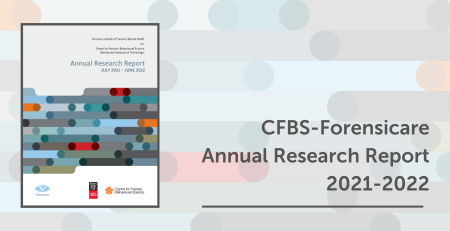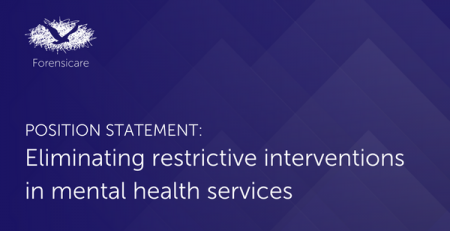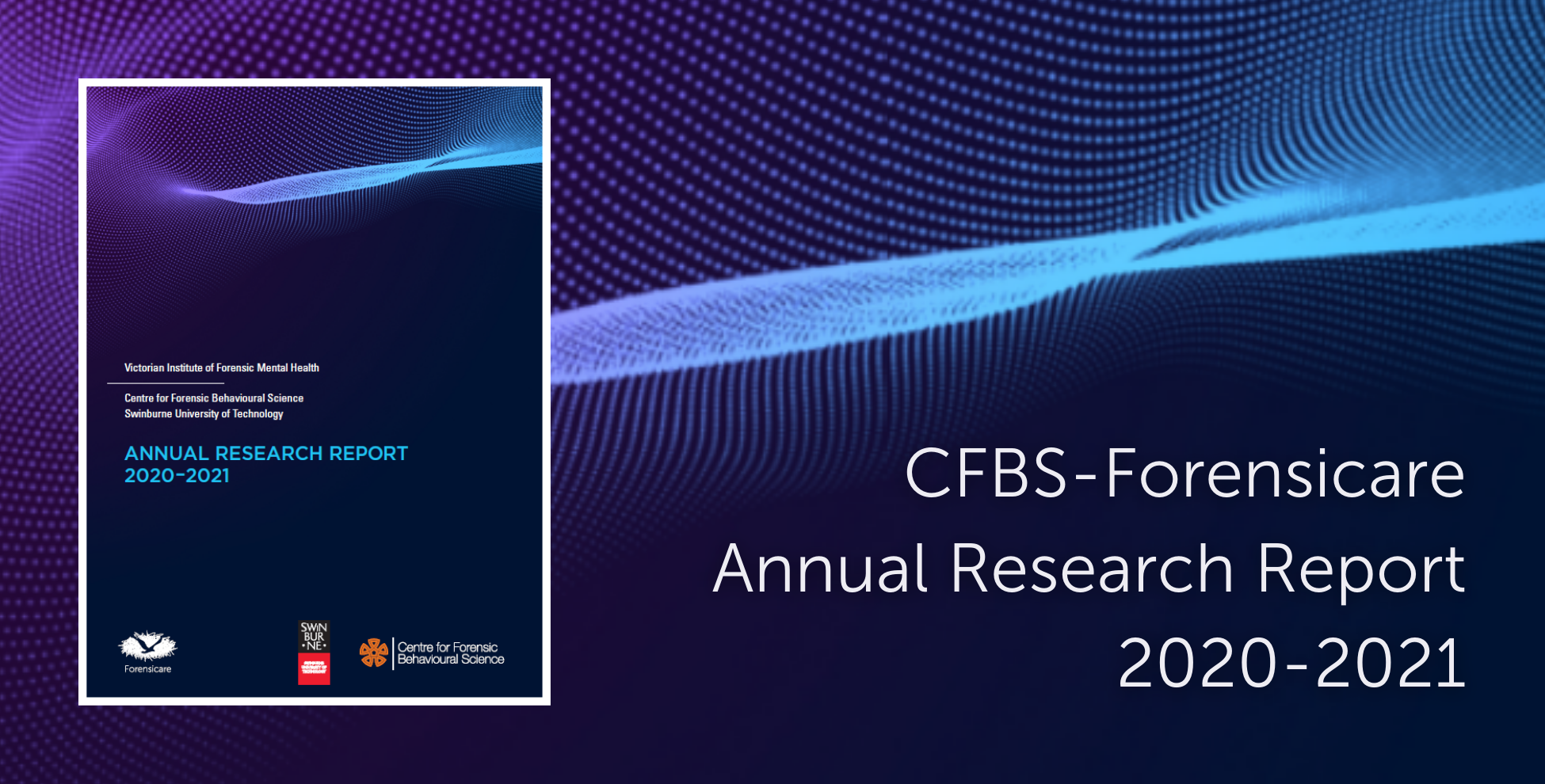New research shows instrument – the eDASA+APP – reduces incidents of aggression at Thomas Embling Hospital
A recent study has produced further evidence that a new instrument can support staff to implement appropriate nursing interventions to prevent incidents of aggression and simultaneously reduce restrictive practices.
In fact – it has been shown to reduce the odds of an aggressive incident by 43%.
The instrument – the Dynamic Appraisal of Situational Aggression and an Aggression Prevention Protocol (eDASA+APP) – combines a daily risk assessment with guidance about appropriate nursing interventions.
The research paper – published in Psychiatric Services – was conducted in partnership by the Centre of Forensic Behavioural Science and Forensicare with staff and patients at Thomas Embling Hospital.
Reducing aggression and seclusion rates
Aggression is a significant problem in mental health units, residential aged care and emergency departments across the country. Prevention relies on nurses and other clinicians accurately identifying that someone is at risk of aggressive behaviour and, in response, implementing timely nursing interventions such as one-to-one nursing, reassurance and distraction techniques.
“Early recognition of a patient’s risk of aggression is key to enabling staff to prevent aggression and maintain a safe and therapeutic environment for everyone on the unit,” explains lead researcher Jessica Griffith.
“The nursing interventions should be matched to the level of risk posed so that they prevent aggression without being unnecessarily restrictive.”
“This is really important because restrictive interventions – such as seclusion and PRN medication – can cause harm to consumers, undermine the therapeutic relationship between staff and patients and negatively influence the unit atmosphere.”
The development of the eDASA+APP
The DASA is a seven-item risk assessment designed to evaluate risk for imminent aggression. It measures negative attitudes, impulsivity, irritability, verbal threats, sensitivity to a perceived provocation, easily angered when requests are denied and unwillingness to follow directions. It is highly accurate and has been recommended by the National Institute of Clinical Excellence as best practice for risk assessment in mental health units.
Until recently there were no accompanying guidelines specifying interventions to prevent aggression based on DASA scores. The eDASA+APP is an electronic instrument that combines the DASA with an Aggression Prevention Protocol which recommends preventative nursing interventions matched to the DASA risk level.
The researchers hoped the eDASA+APP would improve the uptake of evidence-based nursing interventions by clinicians and reduce the risk of incidents of aggression across the Thomas Embling Hospital.
Following a successful study looking at the effectiveness of the instrument on a forensic mental health unit for women at the hospital, a new study was conducted in two men’s units.
The results
The study found the eDASA+APP assisted staff to manage aggression by prompting appropriate prevention strategies and nursing interventions according to the level of risk, successfully reducing incidents of aggression.
When the eDASA+APP was used there was a:
- 43% reduction in the odds of an aggressive incident (verbal, physical and property damage).
- 44% reduction in the odds of verbal aggression.
- Significant increase in nursing interventions appropriate (according to the Aggression Prevention Protocol) to the risk level.
- A particularly large increase in the use of non-coercive nursing interventions, including one-to-one nursing, reassurance, and distraction techniques.
- Significant decrease in the odds of administration of emergency medication.
- Fewer seclusion episodes per 1000 bed days with 16.2 seclusion episodes during the study compared to 22.3 during baseline.
These results support the use of the eDASA+APP and highlight how it can help staff select appropriate nursing interventions to prevent incidents of aggression and reduce restrictive practices in mental health units.
Feedback from staff and consumers
Staff in Barossa have been using the eDASA+APP since 2018. Staff on the unit shared that they really like the instrument because it simplifies a process they already do. They also appreciated the time that was taken to train the team to use it and that the research team listened to their feedback and incorporated it into the instrument.
“As a graduate nurse, I have found the eDASA+APP to be an easy to access resource that has helped me in identifying the risk of aggression present and has provided me with guidance on the most appropriate preventative intervention to use. The user-friendly interface allows the quick use of this app to identify day to day personalised nursing interventions to reduce the risk of aggression which promotes a holistic and therapeutic experience whilst also maintaining safety on the unit,” said graduate nurse, Jasmine Louis.
What’s next?
“These results show that the eDASA+APP can support staff to prevent aggression without relying on restrictive practices, which ultimately helps provide a more therapeutic environment. Similar risk assessment strategies and linked aggression prevention protocols may also be helpful in other health settings where violence is a problem, such as emergency departments, residential aged care and other mental health settings,” says researcher Tessa Maguire.
“There is also the potential to investigate collaboration with consumers in regard to risk assessment and intervention.”
Congratulations to the team! We hope that the development of this instrument continues to see a reduction in aggressive and violent behaviour and the eventual elimination of the use of seclusion in our workplace.
Read the research paper “Clinical Decision Support System to Prevent Aggression and Reduce Restrictive Practices in a Mental Health Service”
